There are very few of us lucky enough to have never woken up in the morning with a red blemish on our face (or spots on our neck, around our mouth, spots on our forehead - wherever your own nightmare-zone happens to be). Welcome to adult acne. Whether it's one spot, blemish or pimple every now and then or regular breakouts, almost all of us have had to battle a spot or two. Although these blemishes might not be noticeable to anyone else, they become a constant source of irritation and insecurity.
The general idea is that as we grow up, we grow out of our spots - but adult acne is actually just as common as teenage acne. According to American Academy of Dermatology 85% of people aged between 12 and 24 have experienced at least one bout of acne. The condition is on the rise, too, and recent research suggests psychological stress can trigger acne. Sigh.
It’s common knowledge that the secret to tackling pimples is to identify the cause, but in recent years Chinese dermatology has taken diagnosing blemished skin one step further, by aligning the location of your spots to varying health issues. This is called face mapping, in which the face acts as an outside view of the body's internal health.
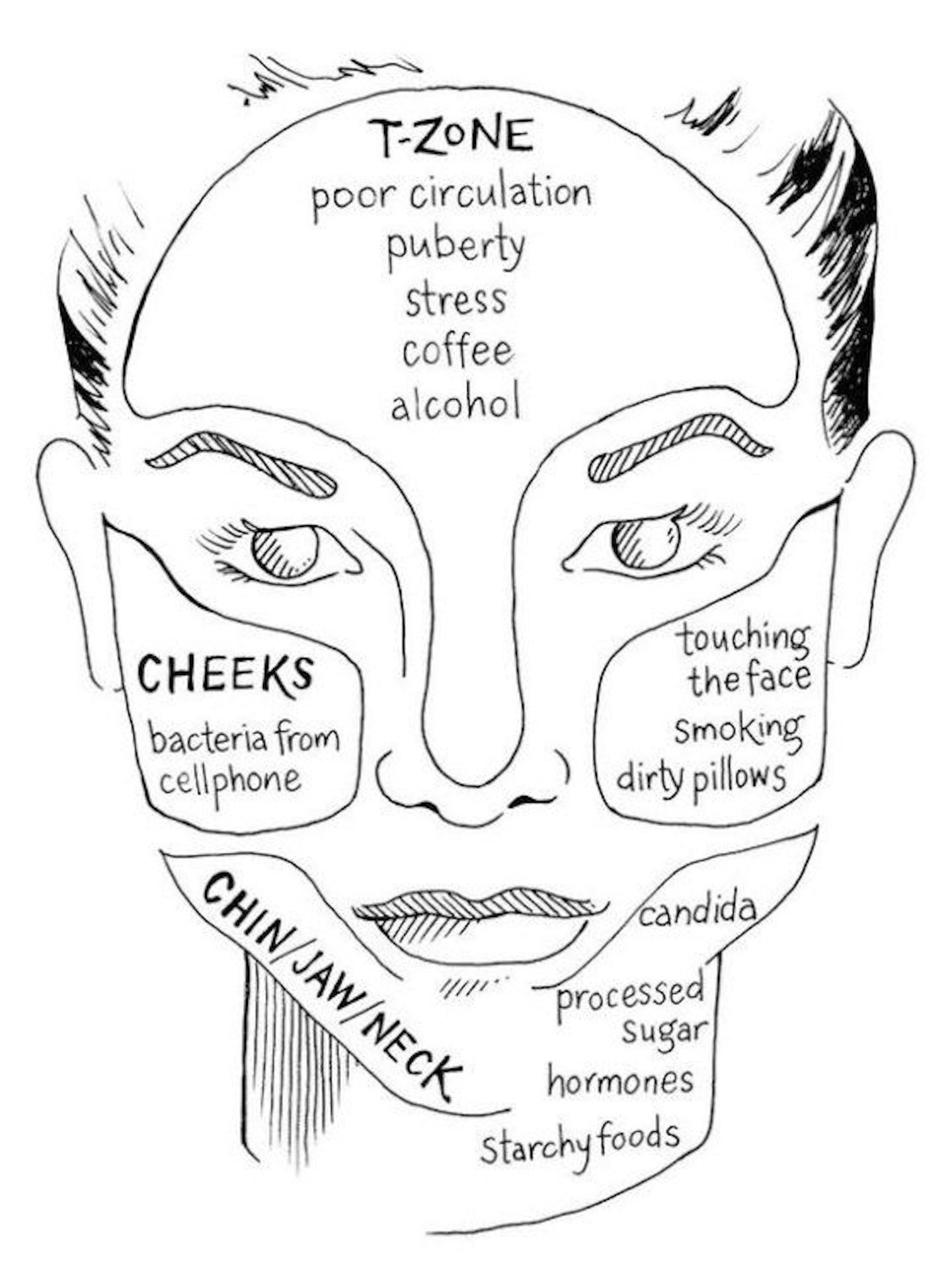
From pimples on your chin to breakouts on your forehead and spots on your back, what is your skin trying to tell you?
What do spots on your cheeks mean?
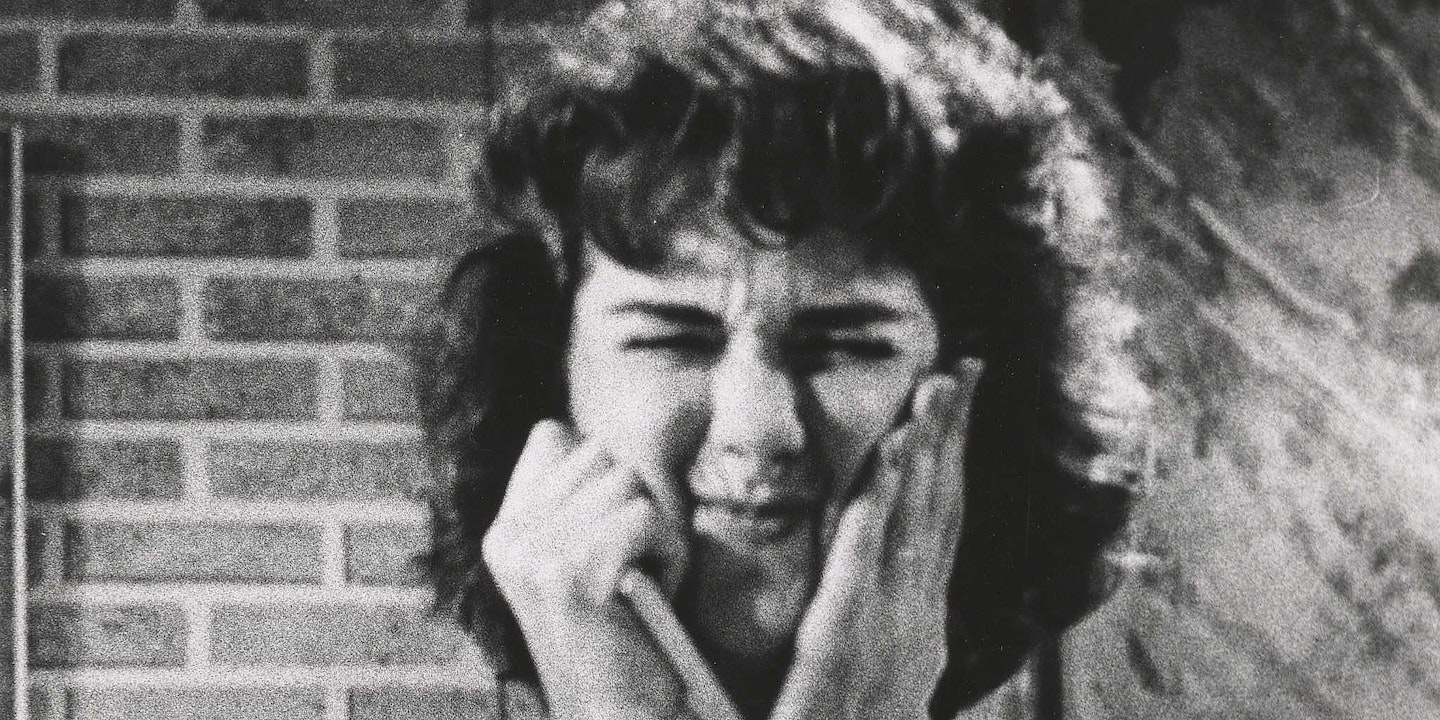
If you’re breaking out regularly on your cheeks it could be due to a number of things. The cheeks are said to reveal respiratory distress - so smoking, allergies or pollution could be responsible. Or, your cheeks may flare up if your metabolism is slow and your body is not absorbing nutrients fast enough.
Probably the most common cause for spots on cheeks, though, is due to the spread of bacteria from your hands, your phone, and your pillowcases. So, purchase some hand sanitiser to take in your bag, wash your pillowcases weekly, clean your phone screen (carefully…no water damage please) and do not ever touch your face. We mean it.
What do spots on my neck mean?
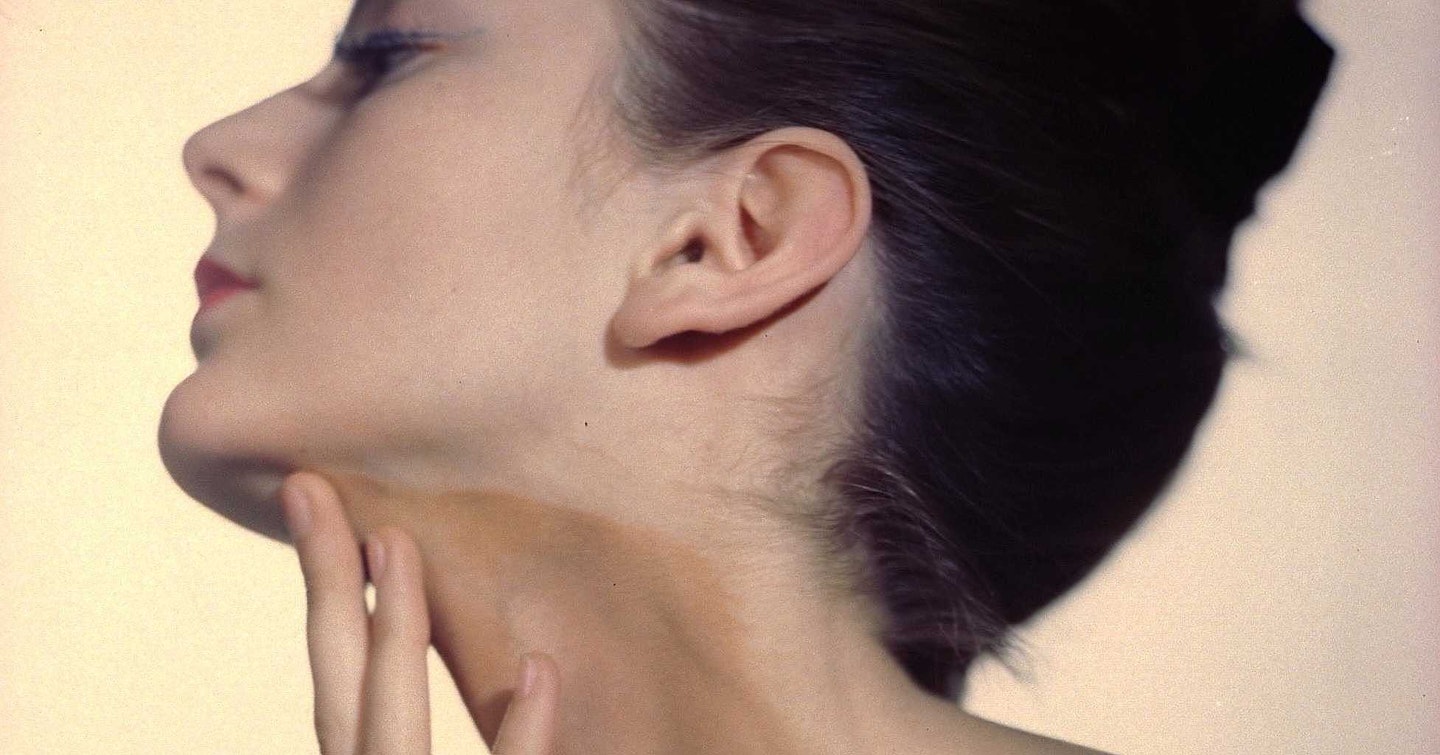
Pimples on your neck mean that you’re probably about to get your period. The hormones that fluctuate around your cycle can cause your glands to produce more oil, which in turn blocks pores, causing spots. With so many sweat glands here, you may find that spots on the back of your neck is a common problem. Try to avoid them by doing the same things as above for back and chest acne - namely, wearing man-made fibres and looser clothing.
What do spots on your forehead mean?
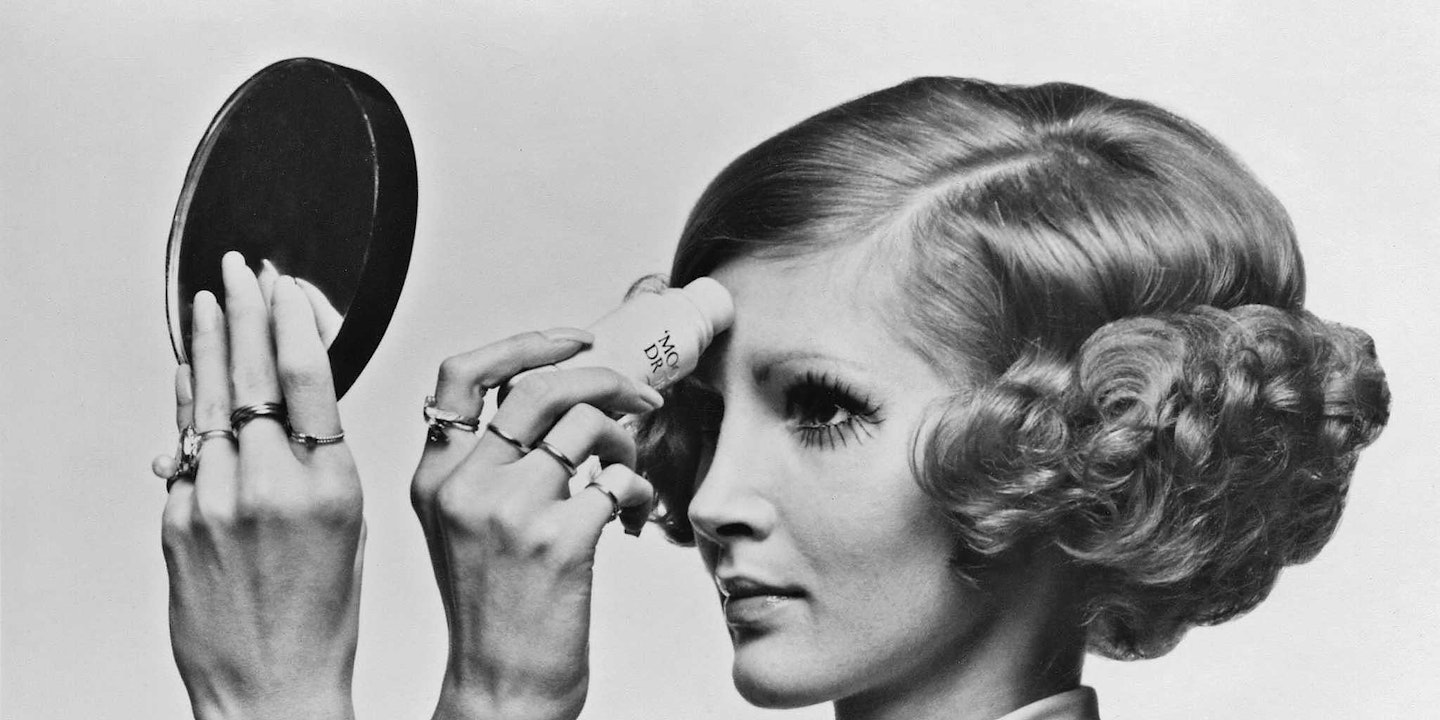
Spots on your forehead are believed to indicate problems with the bladder or the digestive system, so if you’re getting pimples here it could mean you’re dehydrated or eating too many processed and high in sugar foods. The forehead is also linked to the nervous system, so high stress levels could be contributing to your breakouts.
What do spots on your hairline mean?
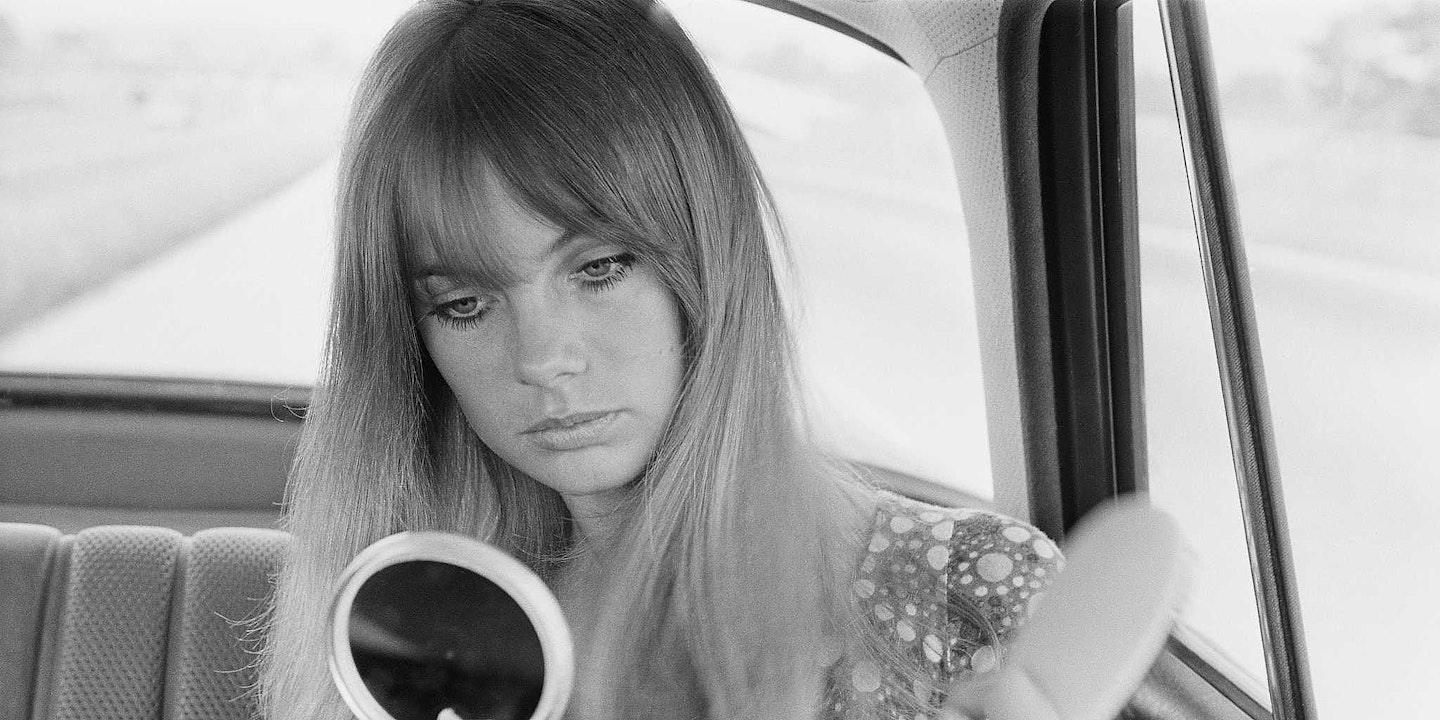
They may be easier to hide than spots on your nose or bang in the middle of your forehead - but they're definitely no less annoying. According to expert facialist Kate Kerr, if you’re experiencing breakouts around the temples or hairline, the culprit could be as obvious as your hair products. The ingredients in shampoos, serums etc. can effect everyone in different ways and some cause congestion in the pores. Try out a few different brands to find out which is the kindest on your skin. Bumps on your forehead can also be caused from exercising, as your sweat glands and hair follicles can become easily clogged in this area. Try showering as soon as possible after a workout and cleanse your face thoroughly (shop our favourite cleansers here).
What do spots in-between your eyebrows mean?
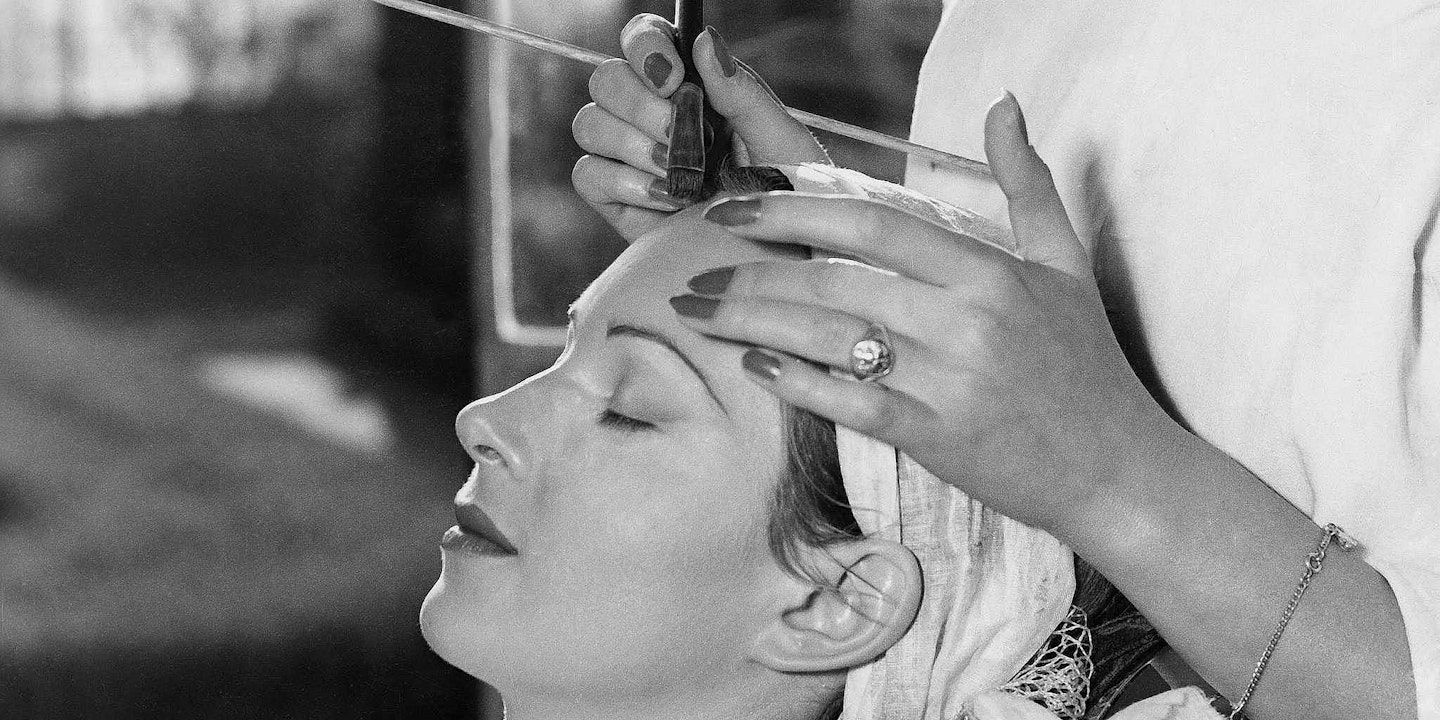
If you’re getting spots in the middle of your forehead or between your eyebrows it could mean that you’re consuming too much alcohol and rich foods, or could mean you’re allergic to a type of food.
What do spots on your ears mean?
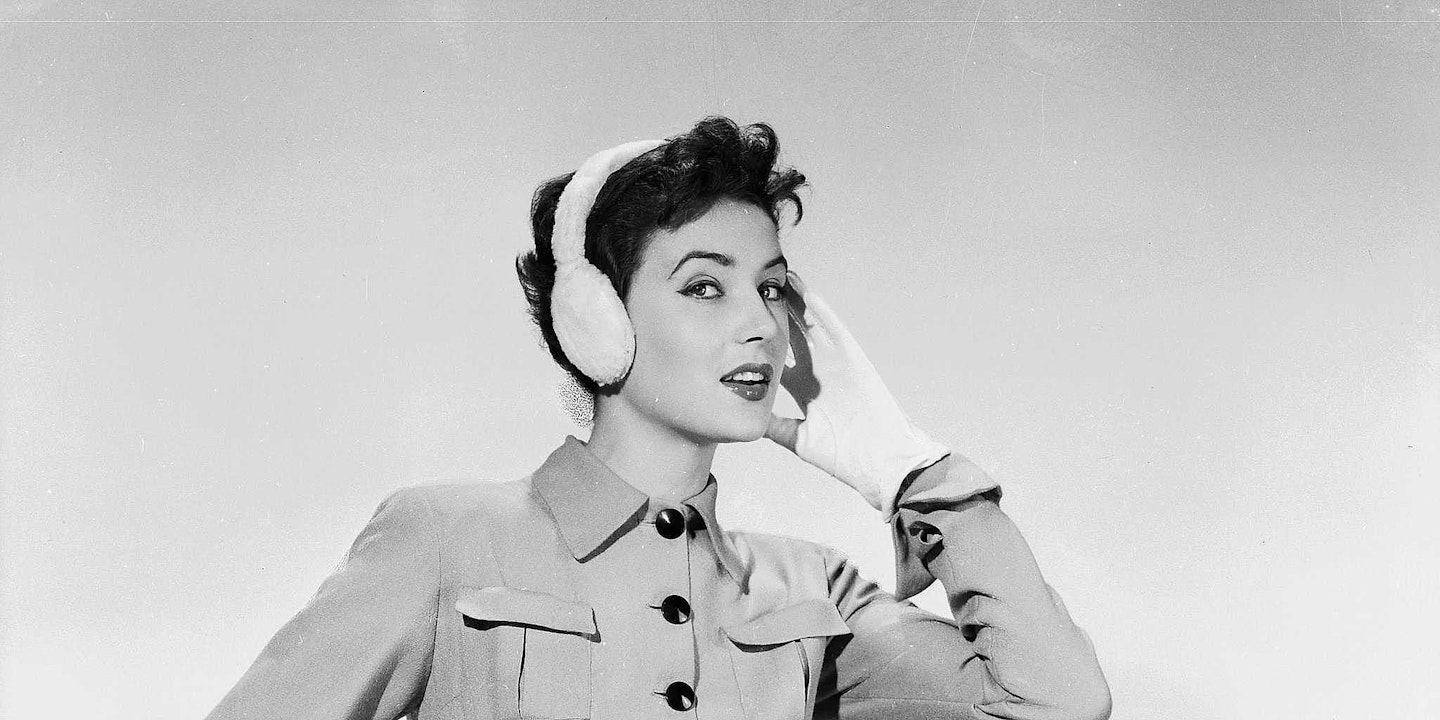
According to Chinese dermatology those painful stubborn spots you get in your ears may be a sign that you need to drink more water and cut down on caffeine and alcohol, as your ears are linked to your kidneys.
What do spots around your eyes mean?
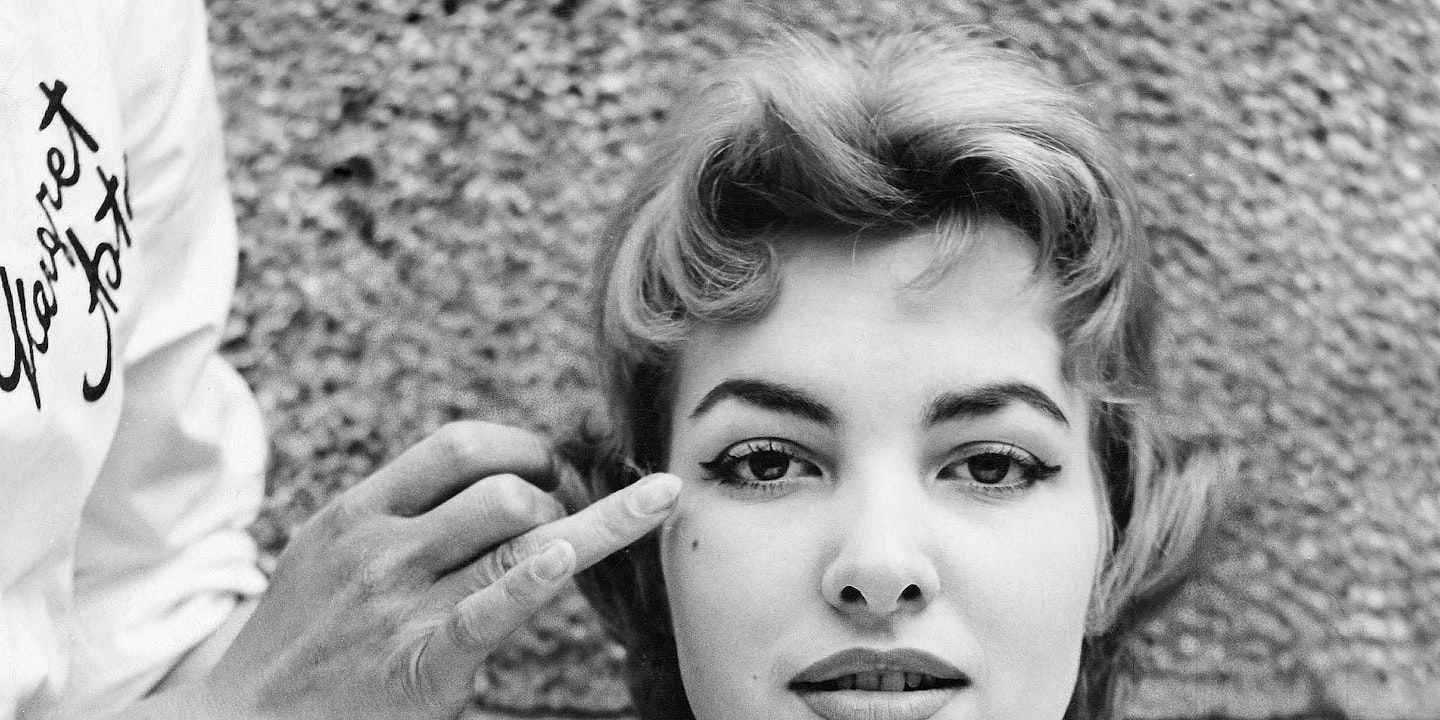
Eyes, like ears, are linked to the kidneys, so dehydration is most likely the reason why you have blemishes in this area. Similarly, dark circles, though mostly hereditary, are worsened by not drinking enough water.
What do spots on your nose mean?
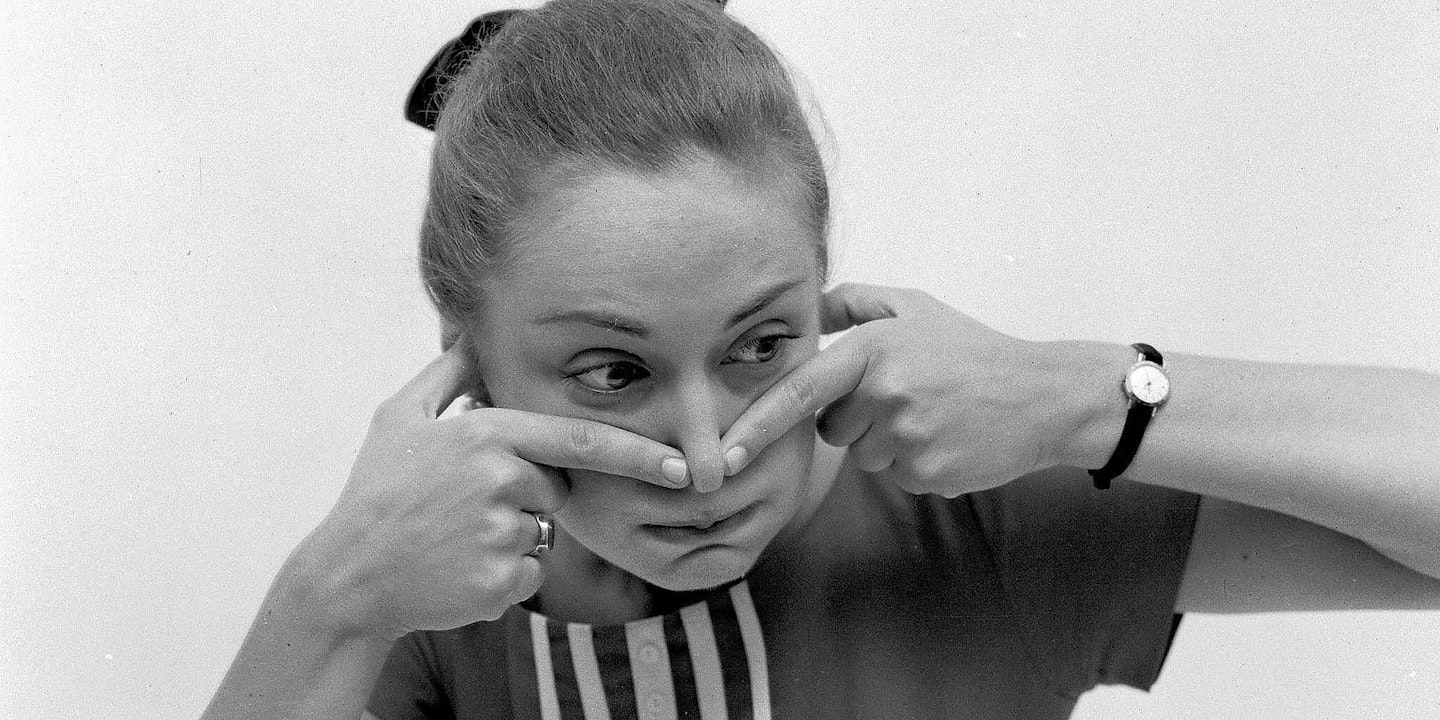
Spots on your nose will most likely flare up if you have high blood pressure. Also, if you’re using comedogenic makeup products they will often clog your pores and make you break out in this area. Shop our edit of the best non-comedogenic products here.
What do spots on your jawline and spots on your chin mean?
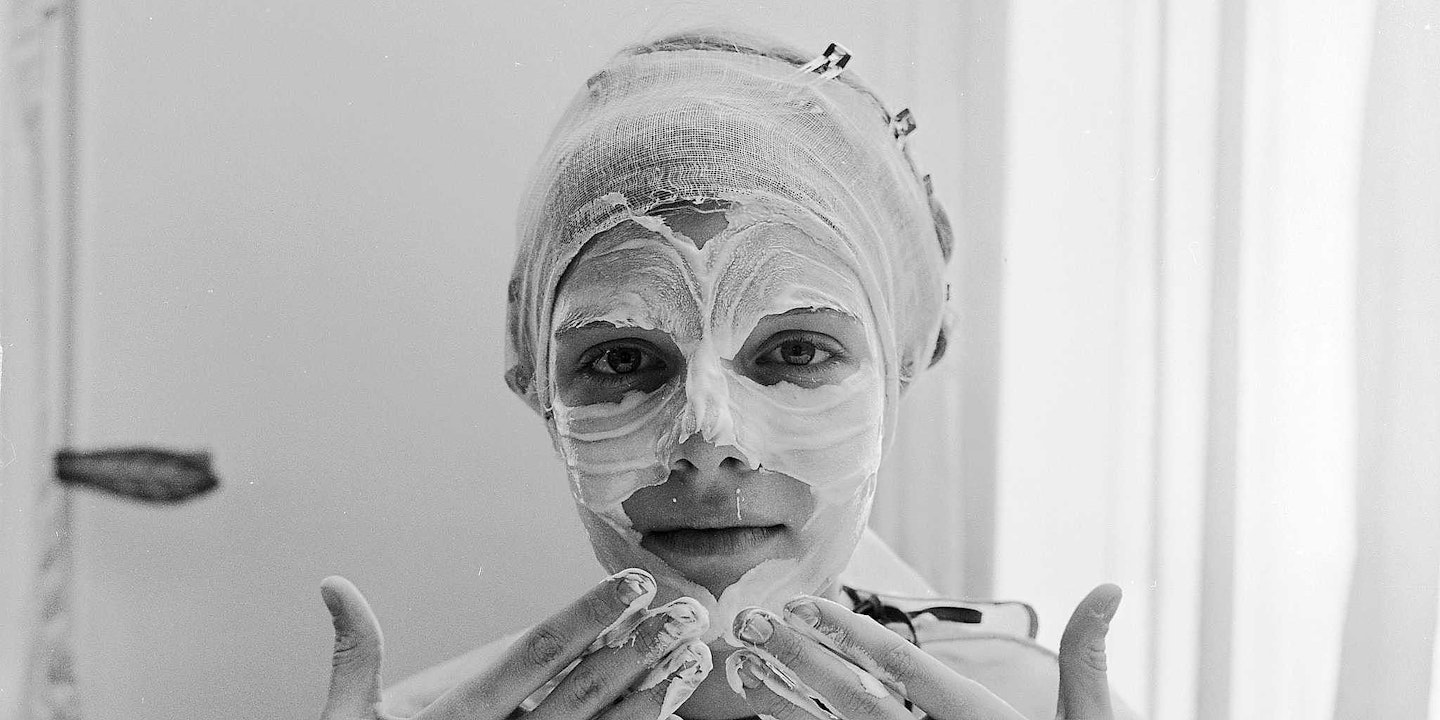
Spots on the lower third of your face are generally related to hormone levels and tend to sync with your menstrual cycle so are, annoyingly, harder to tackle. Even as adults, our oestrogen and progesterone levels are constantly shifting, and the hormonal imbalance can be responsible for unwelcome flare-ups.
Women who suffer with hormonal acne can usually see results by taking the contraceptive pill, but each woman reacts to birth control pills differently. Unsurprisingly, stress is another reason why you may be breaking out around your jaw or mouth. Also, your chin mirrors the small intestine so a poor diet filled with carbs and sugar can also lead to pesky pimples.
What do spots around your mouth mean?
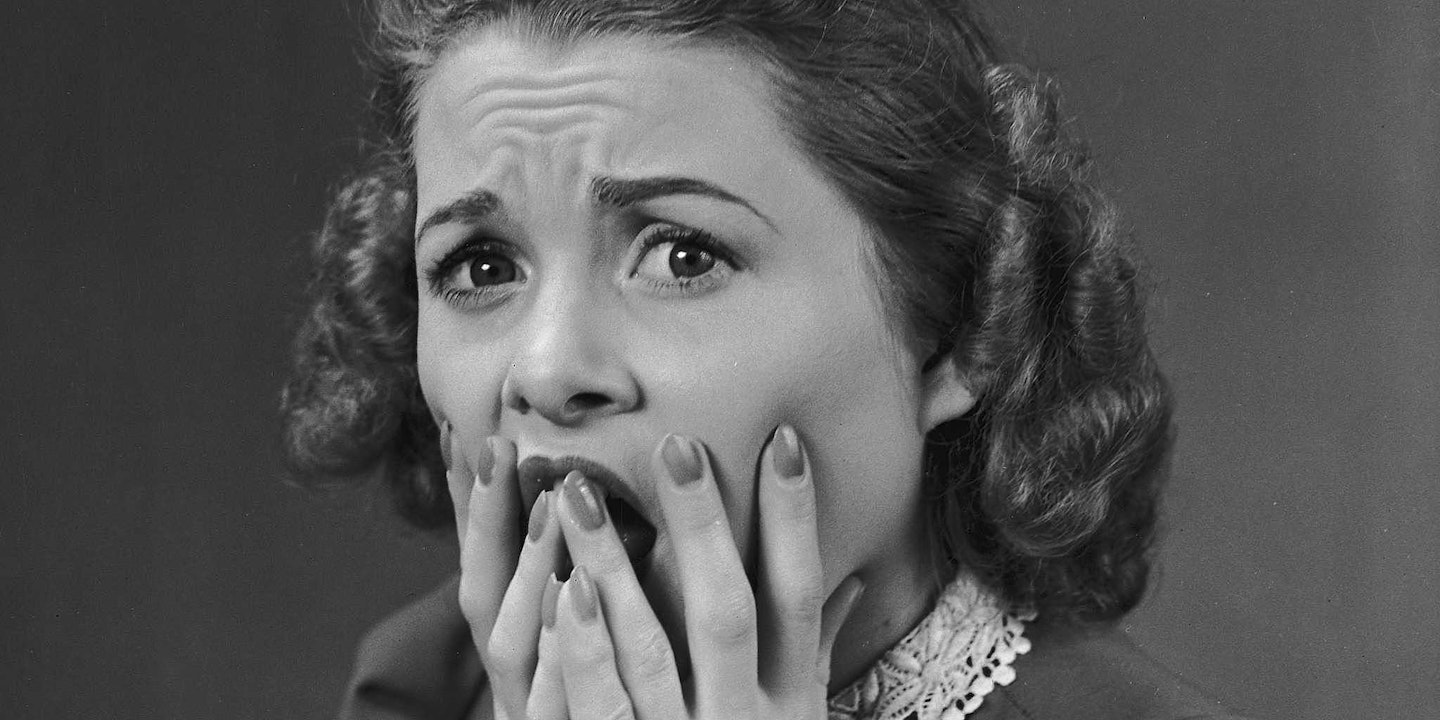
If you’re breaking out around the mouth it could be caused by the residue from any greasy or fatty foods in your diet. Try cutting down on these, or rinse your face after eating.
You may have also noticed more breakouts since wearing a mask, otherwise known as 'maskne', and that's because our skin is sweating under occlusion - which can clog the pores. Consultant Dermatologist, Dr Joyce Park recommends removing the mask as soon as you can and cleansing the surface of the skin to remove sweat and dirt.
What do spots on my back or chest mean?
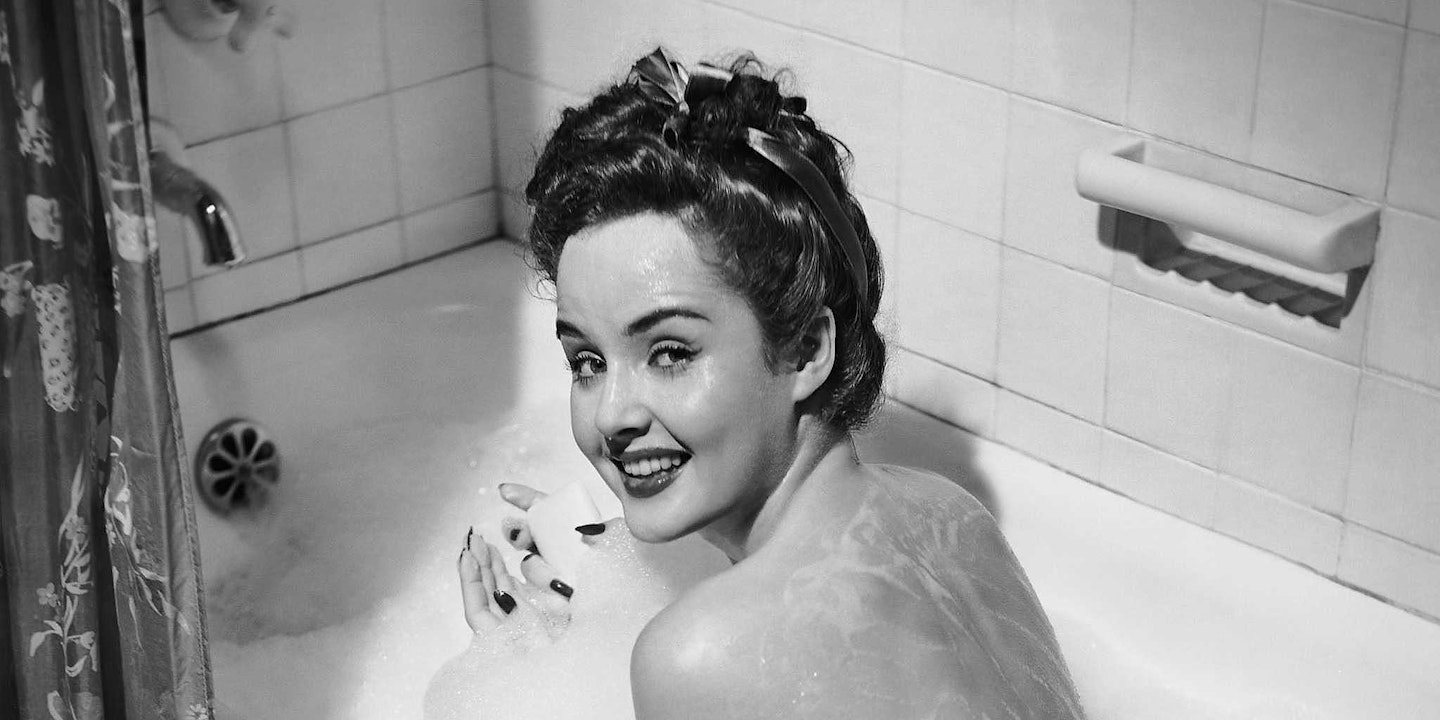
The back and chest are areas where we have a higher number of sebaceous glands, and we tend to sweat more profusely here. Wearing materials that don’t quickly draw sweat away from the skin, such as cotton, can result in irritation, leading to outbreaks. Man-made fibres that are designed to be fast drying will help reduce this and are particularly important to wear during exercise. Also, try loosening your bra straps and carry less weight on your shoulders to keep skin irritation to a minimum.
On the flip-side, as with our face, it can be beneficial to sweat as it plays an important role in flushing the skin of cell debris from within the pores. It’s important, however, that the skin is clean and makeup or moisturiser free to allow the process to work its magic.
Shop: The Best Pimple Patches 2021
Pimple Patch Picks 2020
%20%C2%A317%20Boots.com%203.jpg?auto=format&w=1440&q=80) 1 of 7
1 of 7Peace Out, Acne Dots, £17
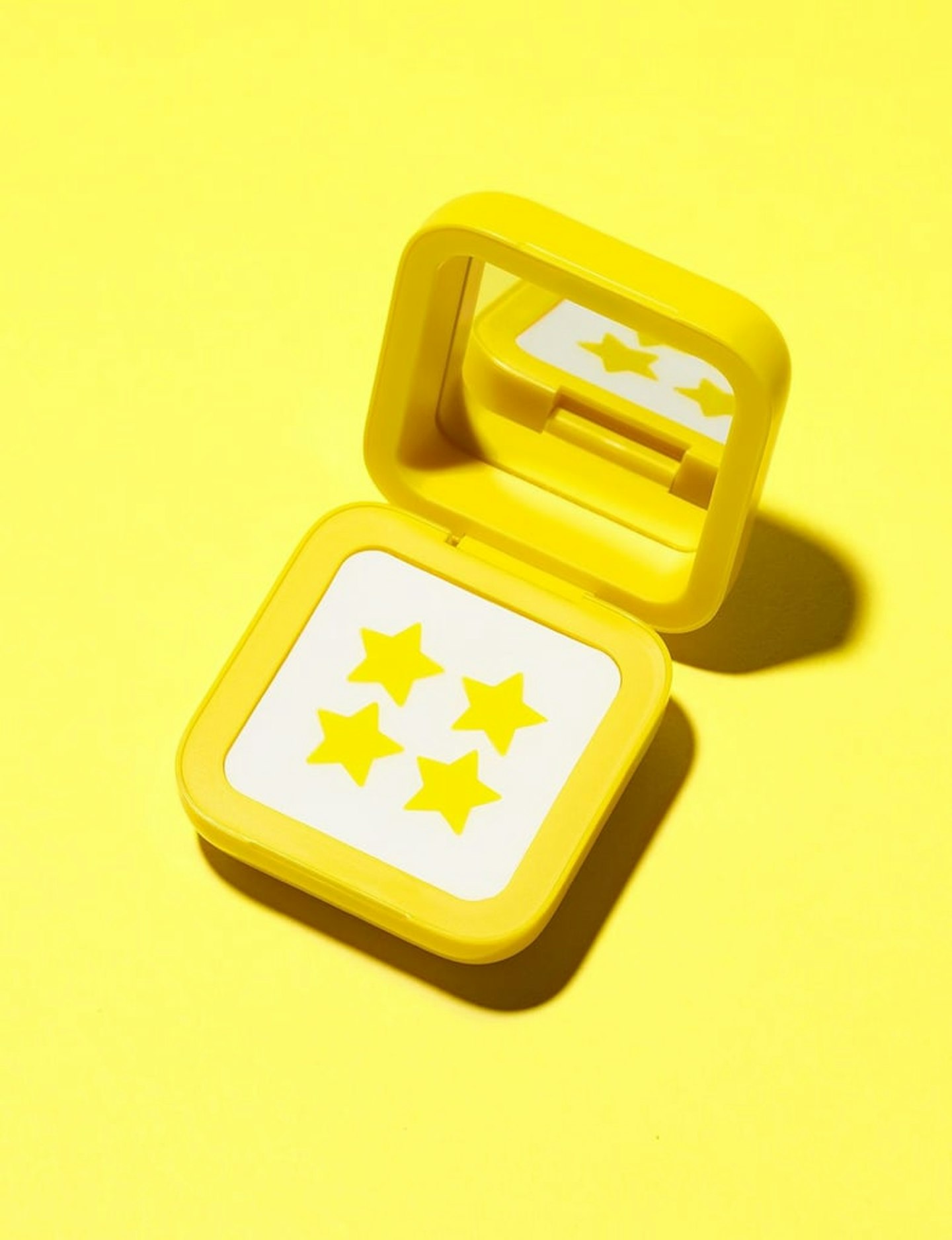 2 of 7
2 of 7Starface Hydro-Stars, £12
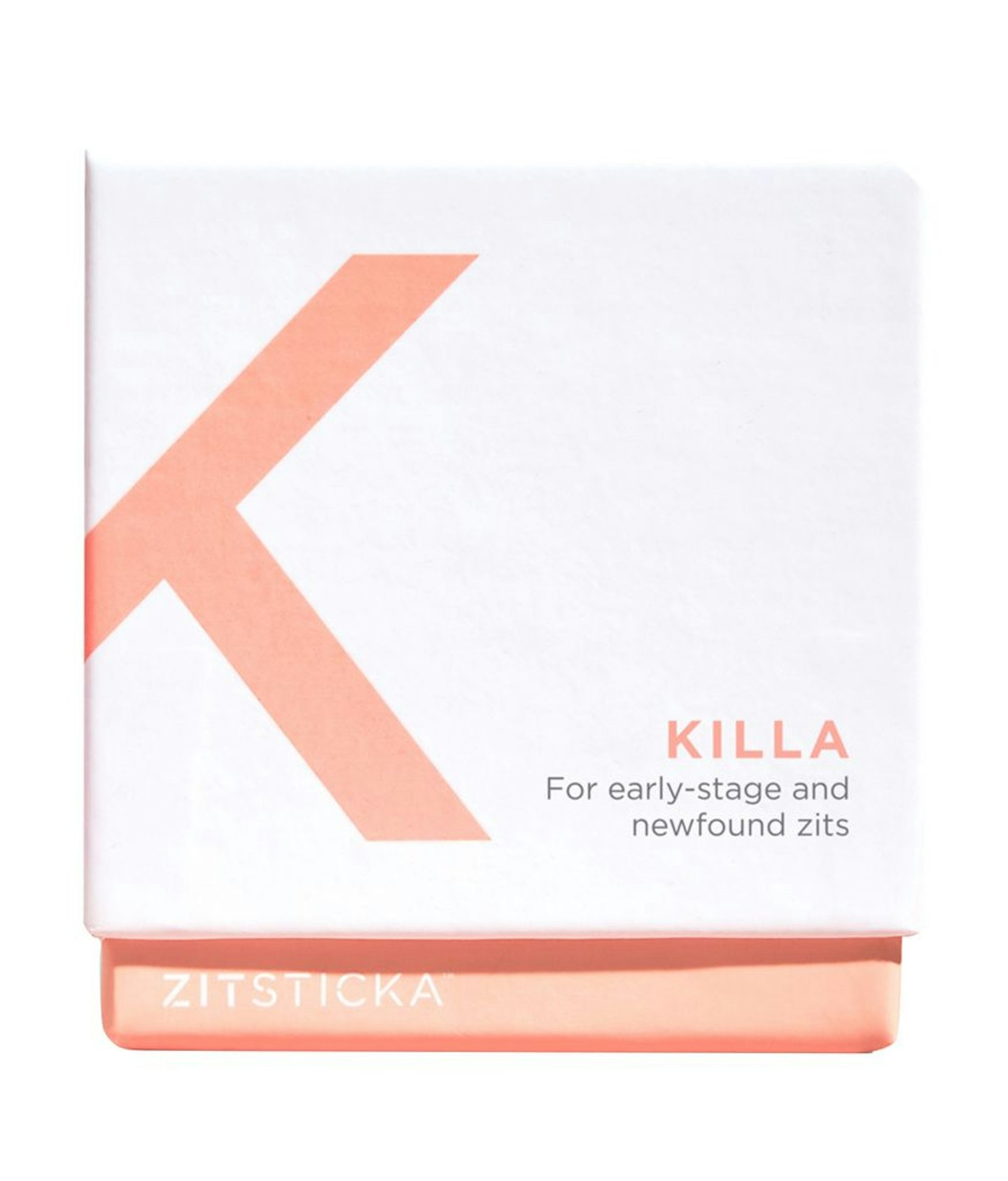 3 of 7
3 of 7Zitsticka Killa Kit, £27
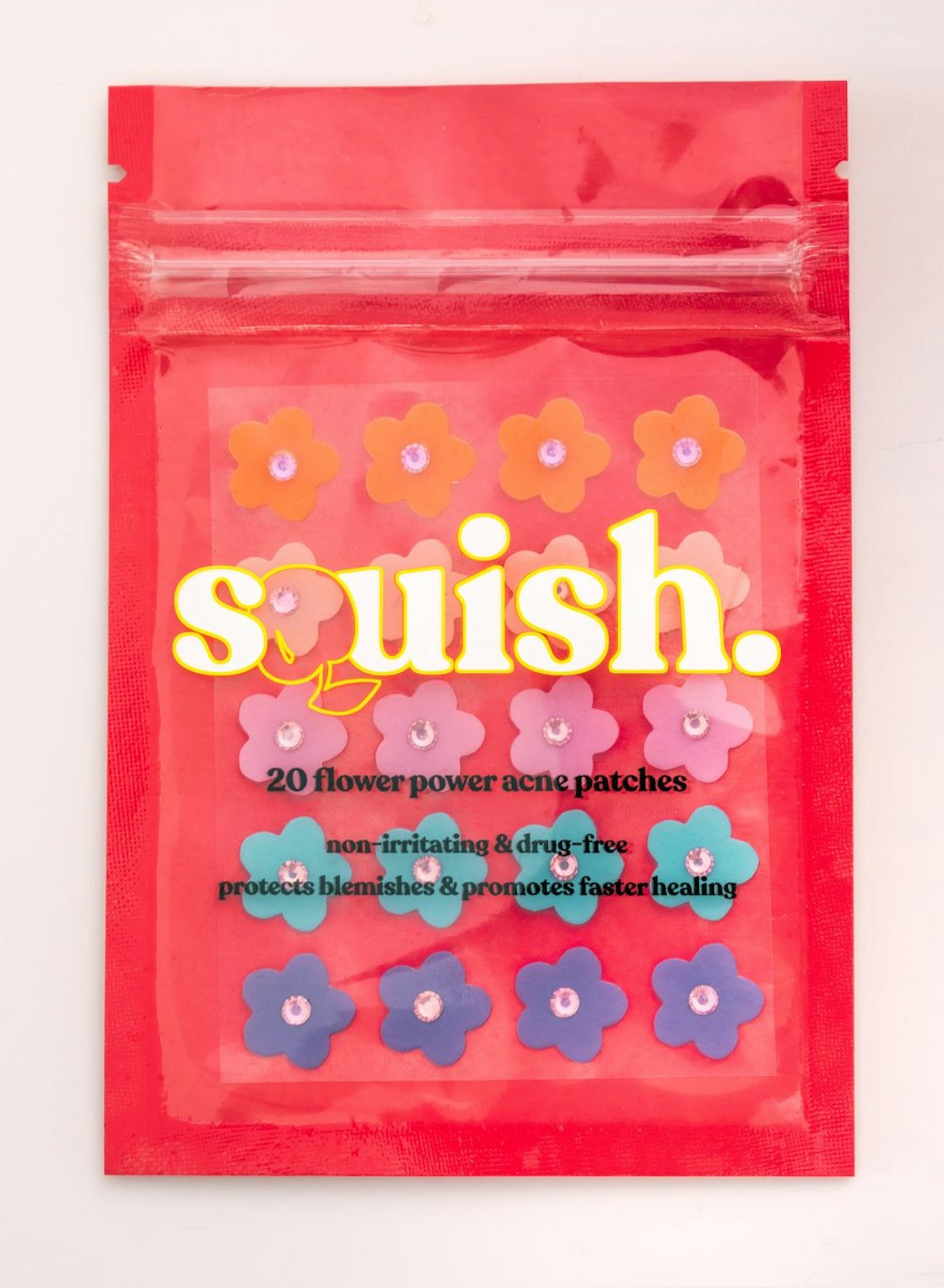 4 of 7
4 of 7Squish Flower Power Acne Patches, £11.37
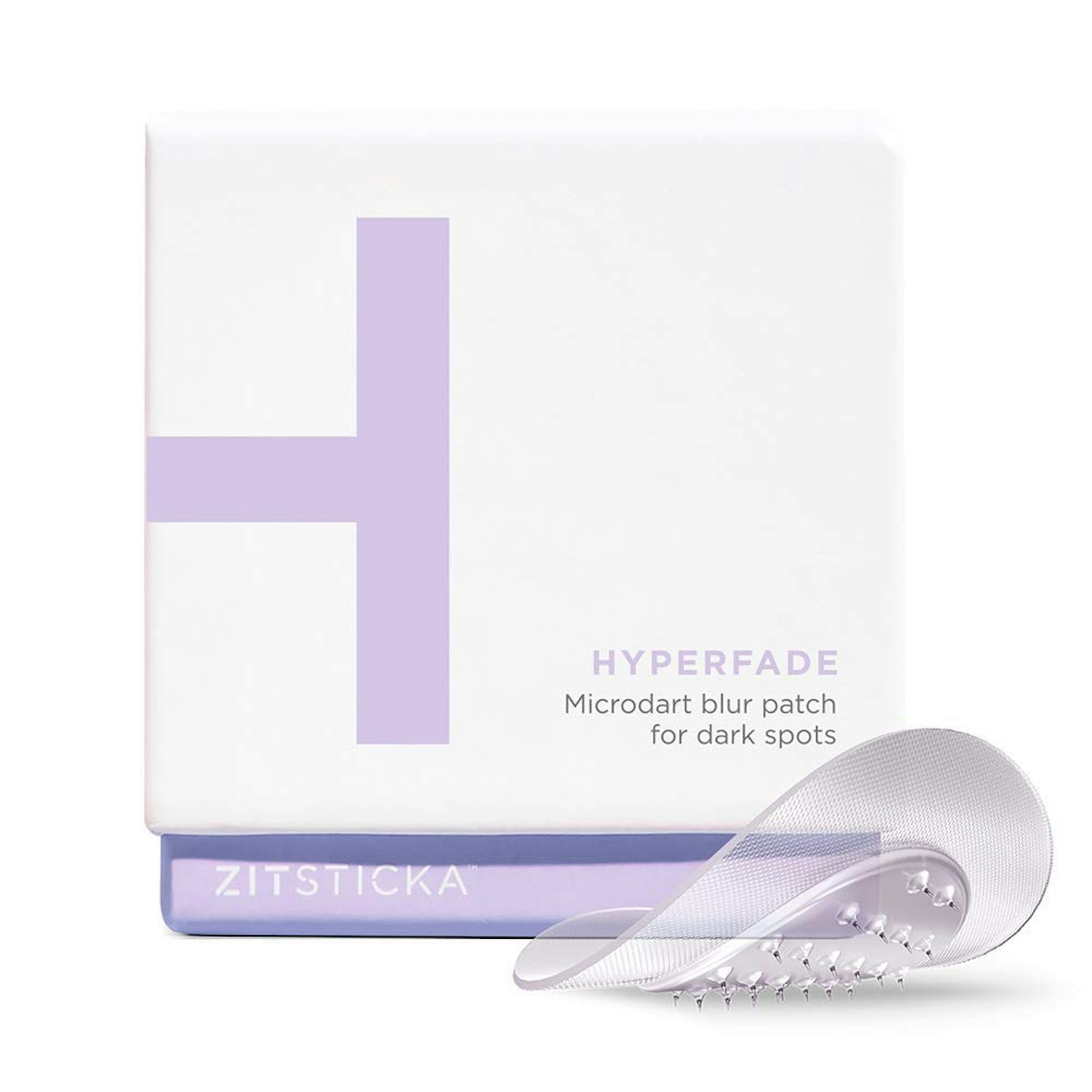 5 of 7
5 of 7Zitsticka Hyperfade, £29
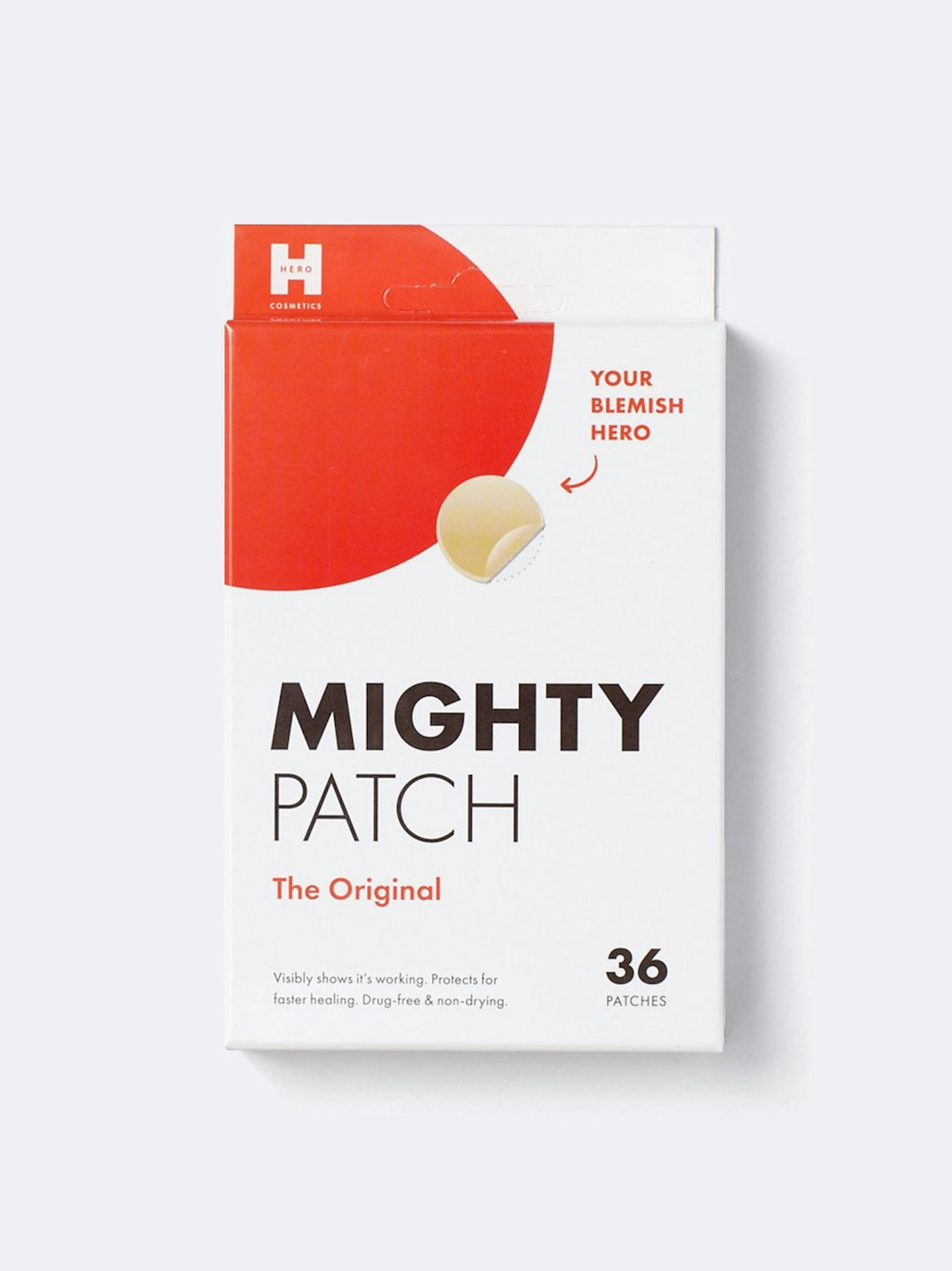 6 of 7
6 of 7Hero Cosmetics Mighty Patch 36 Pack, £13
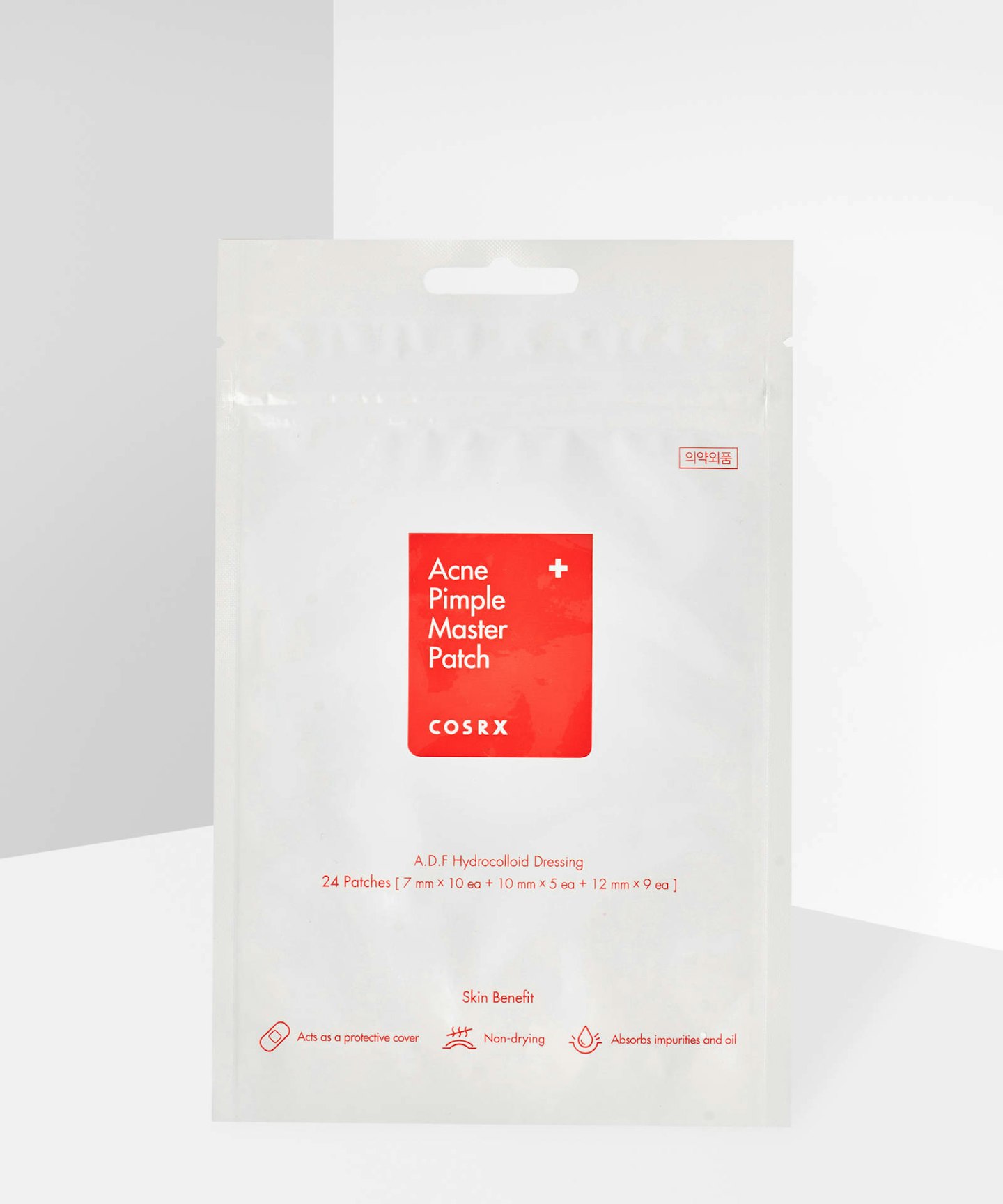 7 of 7
7 of 7Corsx, Acne Pimple Master Patch, £6
READ MORE: The Very Best Products That Will Help Spots And Acne-Prone Skin
READ MORE: Are Pimple Patches The Answer To Maskne?
.jpg?ar=16%3A9&fit=crop&crop=top&auto=format&w=1440&q=80)